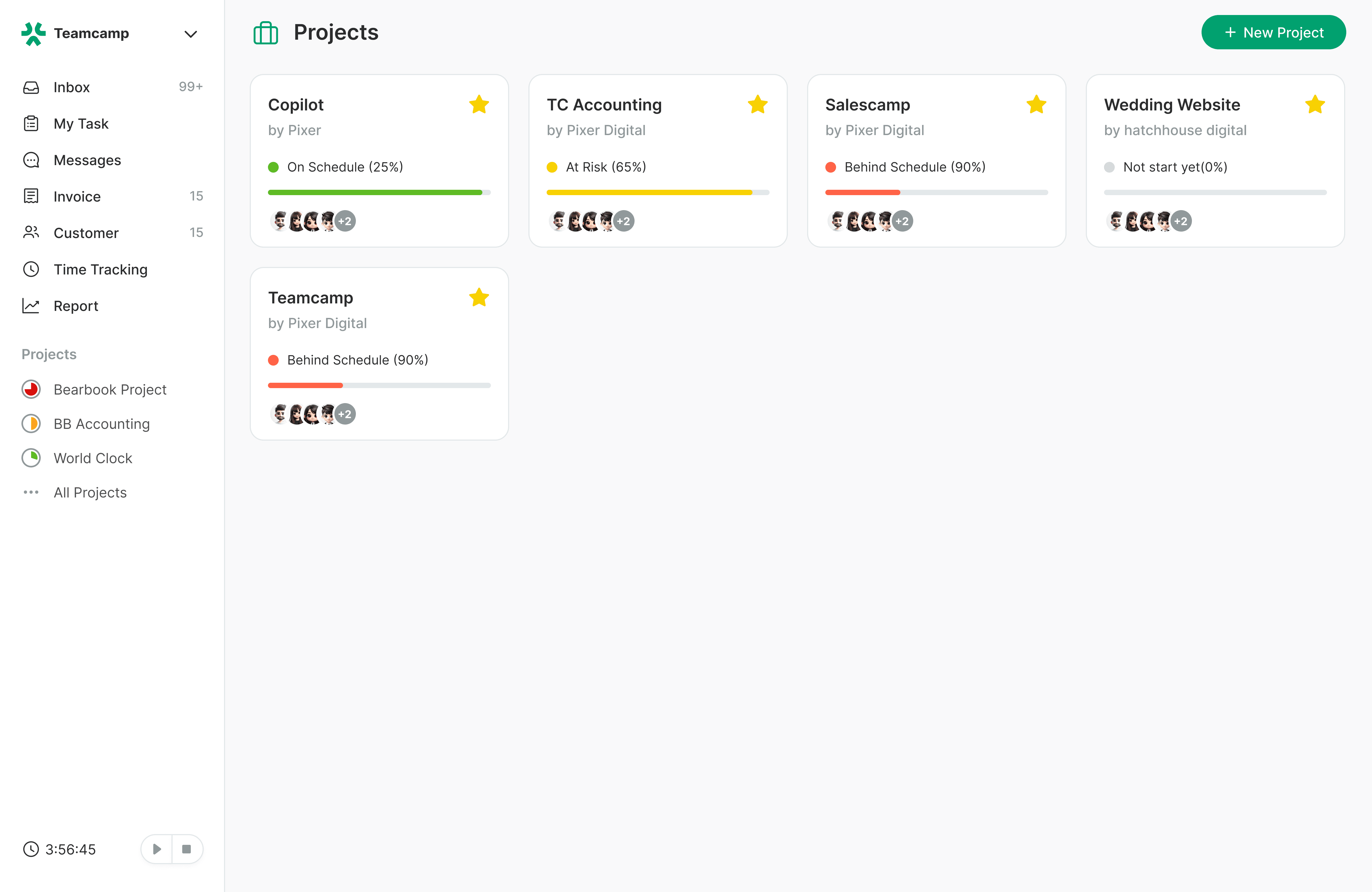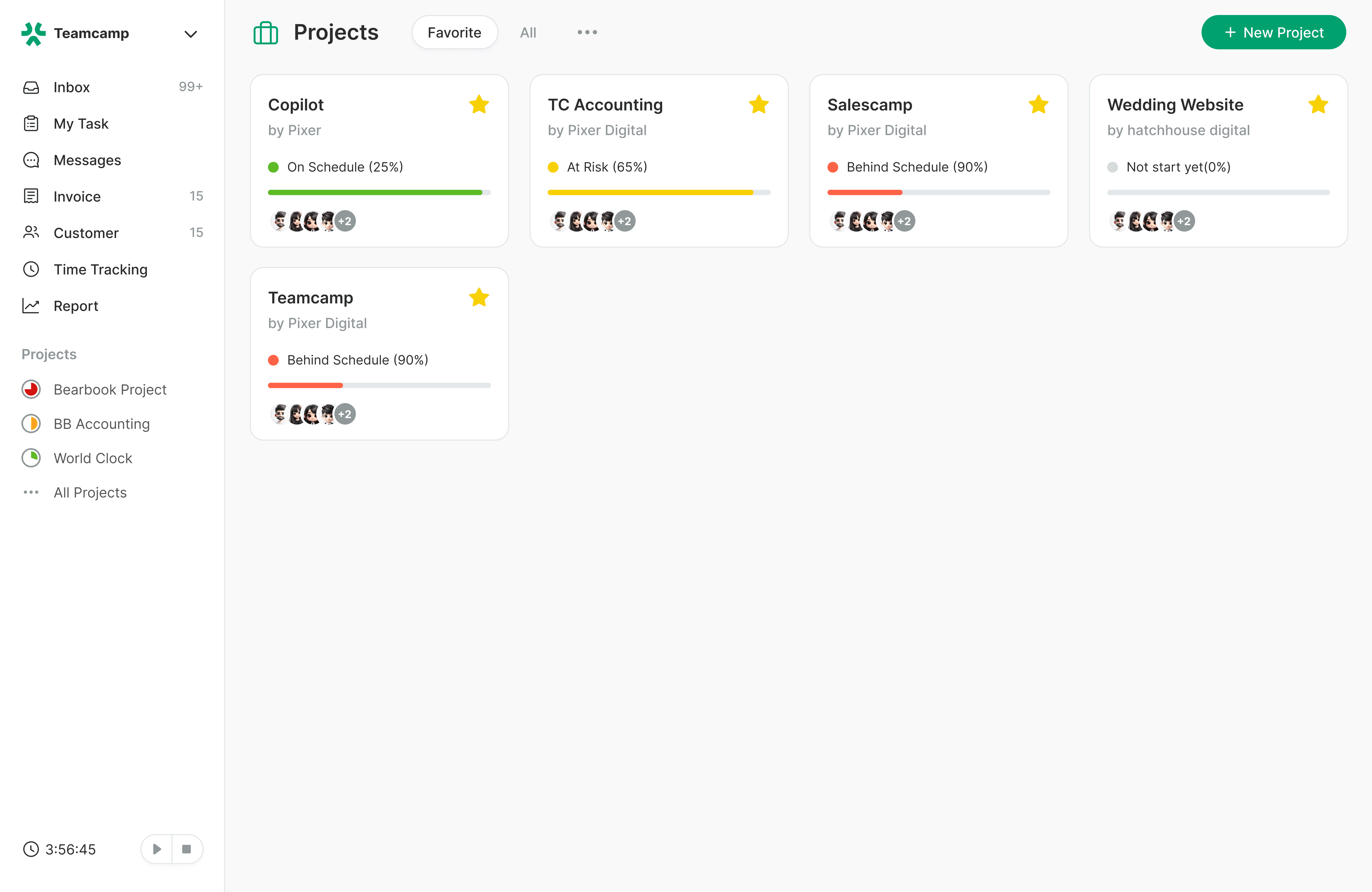Mastering Collaboration: The Strategic Implementation of Block Scheduling in Project Management
Introduction
Project management success is a complicated tapestry weaved with teamwork, good communication, and intelligent time management. While teamwork forms the foundation of project success, how time is orchestrated within a project becomes equally pivotal. Beyond the conventional focus on team dynamics, this comprehensive examination delves into the transformative impact of block scheduling, a systematic approach to time allocation, on the collaborative endeavors within project teams.
By scrutinizing the intricacies of this strategic time management tool, the blog aims to unravel its nuanced role in optimizing workflows, enhancing communication, and ultimately contributing to the triumphant realization of project goals. This is an in-depth journey into the transformative potential of block scheduling, positioning it as an indispensable asset in the intricate dance of successful project management.
Understanding Block Scheduling in Project Management:
Defining Block Scheduling:
Block scheduling is a meticulous and systematic approach to time management within the context of project execution. This method involves carefully allocating specific blocks of time to various tasks or activities. Unlike traditional scheduling practices focusing solely on individual timelines, block scheduling extends its purview to align these temporal segments strategically.
It transcends the organization of individual schedules, instead seeking to synthesize these blocks of time to enhance collaboration. It is a nuanced choreography that orchestrates the temporal dimension to foster efficient teamwork and project cohesion.
The Collaborative Imperative:
The pivotal role of effective collaboration as the linchpin for project success. In collaborative projects, where diverse skill sets and perspectives converge, the efficient use of time becomes a catalyst for achieving synergy, productivity, and, ultimately, triumph. The collaborative imperative underscores the significance of not merely managing time but doing so strategically.
Block scheduling becomes a key instrument in ensuring that the temporal allocation aligns with collaborative goals when seamlessly integrated. It transforms time from a logistical parameter into a dynamic force that propels collaborative endeavors toward success.
Linking Collaboration with Time Management:
The symbiotic relationship between effective collaboration and the strategic allocation of time elucidates how block scheduling becomes the connective tissue binding these two critical components. Time management, often considered a logistical necessity, takes on a new dimension in the collaborative context.
By intricately weaving the principles of block scheduling into the fabric of project management, teams are equipped to synchronize their efforts, streamline workflows, and optimize the utilization of time resources. It is a deliberate fusion of temporal discipline and collaborative ethos, creating an environment where efficient time management becomes a conduit for seamless teamwork and project success.
The Benefits of Block Scheduling for Project Collaboration:
Enhanced Team Productivity:
Structured time blocks are a cornerstone in augmenting team productivity within collaborative projects. The mechanics of how block scheduling becomes a catalyst for optimizing the efficiency of collaborative endeavors. By creating focused work periods, block scheduling channels the collective efforts of each team member toward specific project objectives.
This intentional alignment within designated time blocks fosters a sense of collective momentum, ensuring that the entire team operates cohesively and productively. The result is a synchronized workflow that maximizes output and propels the project toward successful fruition.
Improved Communication:
Effective communication is the lifeblood of collaborative projects. Block scheduling enhances communication channels by creating designated periods for team interaction. This allows for synchronized updates, seamless information sharing, and a cohesive project trajectory, all of which are vital to successful collaboration.
Flexibility and Adaptability:
Collaborative projects inherently operate in dynamic environments that demand adaptability to navigate unforeseen changes. This section elucidates how block scheduling, while providing a structural framework, also embraces flexibility. This approach ensures resilience in project uncertainties by allowing teams to adapt to evolving circumstances within the designated time blocks.
It balances structure and adaptability, acknowledging that successful collaboration requires a well-defined plan and the agility to respond to changing conditions. In doing so, block scheduling becomes a tool for fostering a dynamic and adaptive collaborative environment, essential for navigating the complexities of modern projects.
Implementation Strategies for Successful Collaboration:
Establishing Clear Objectives:
Clear objectives serve as the foundational elements guiding the successful implementation of block scheduling. This section underscores the importance of defining objectives that align seamlessly with overarching project goals. Clear objectives function as the guiding stars, illuminating the path for strategically integrating block scheduling within the project framework.
By establishing these objectives, project managers create a roadmap that ensures the intentional allocation of time blocks contributes meaningfully to the broader success of the project. The clarity provided by well-defined objectives becomes the touchstone for evaluating the effectiveness of block scheduling in fostering collaboration and achieving project milestones.
Team Training and Buy-In:
The successful adoption of block scheduling hinges on the engagement and buy-in of the project team, and this segment outlines strategies to secure both. Recognizing that the collaborative nature of projects necessitates collective commitment, the exploration delves into approaches for team involvement, training, and fostering a shared understanding of the benefits inherent in block scheduling.
The process becomes more seamless and practical when the team is aware and actively supports the implementation. Team training ensures that everyone has the skills needed to adjust to the new time management method, promoting a collaborative environment in which each team member contributes to the success of block scheduling.
Utilizing Technology Tools:
Project managers can leverage various platforms and applications to enhance collaboration, communication, and efficiency. These technological tools act as enablers, streamlining the integration of block scheduling into project management workflows. By embracing technology, project teams can not only enhance the efficiency of block scheduling but also create a digital ecosystem that complements and augments collaborative efforts, ensuring a seamless and technology-enhanced implementation of this strategic time management approach.
Overcoming Challenges and Pitfalls:
Identifying Common Challenges:
Implementing block scheduling for collaboration is essential to recognize and address potential challenges that may arise—a proactive approach by identifying common hurdles that project managers might encounter during the implementation of block scheduling. Challenges could range from resistance to change among team members to difficulties adapting to a new time management system.
By acknowledging these challenges upfront, project managers gain a comprehensive understanding of the potential stumbling blocks, enabling them to formulate strategies for effective mitigation. This proactive identification sets the stage for a more resilient implementation process, allowing project teams to anticipate and navigate challenges with strategic foresight.
Strategies for Mitigation:
Every challenge presents an opportunity for strategic resolution. The formulation of practical strategies designed to mitigate the common challenges associated with implementing block scheduling. Whether it involves resistance from team members or the need for additional training, project managers can leverage these strategies to address and overcome obstacles effectively.
The exploration provides project managers with knowledge and tools to navigate potential pitfalls, from clear communication and change management techniques to targeted training programs. By implementing these mitigation strategies, project managers can foster a smoother transition to block scheduling, preserving collaborative workflows and ensuring that the benefits of this strategic time management approach are fully realized.
Future Trends and Evolution of Block Scheduling in Project Collaboration:
Technological Advancements:
The evolution of block scheduling in project collaboration is poised at the intersection of innovation and technology. The future recognizes the inevitable intertwining of block scheduling with emerging technological advancements. The advent of automation, artificial intelligence, and other cutting-edge technologies is reshaping the landscape of collaborative time management.
Automation holds the potential to streamline routine tasks, allowing teams to allocate time more strategically. Artificial intelligence may provide predictive insights into optimal time allocations based on historical data. The exploration within this section aims to provide project managers with insights into the transformative impact of technological advancements on the evolution of block scheduling.
It sheds light on how these advancements can offer new possibilities for project teams, unlocking unprecedented efficiencies in collaborative time management and enhancing overall project success.
Integrating Agile Methodologies:
In project management, agility has emerged as a guiding principle for success—integrating block scheduling with agile methodologies, recognizing the symbiotic relationship between these two approaches. Agile methods, known for their adaptability and efficiency, find synergy with the intentional time management principles of block scheduling. Project managers craft a dynamic and adaptive framework for collaborative projects by integrating these approaches.
The deliberate allocation of time blocks aligns seamlessly with agile methodologies' iterative and flexible nature, fostering an environment where teams can respond with agility to changing project requirements and stakeholder needs. This integration presents an evolution in the collaborative project management landscape, enhancing responsiveness and ensuring projects are well-positioned to navigate the complexities of an ever-changing environment.
Conclusion
The strategic implementation of block scheduling emerges as a powerful tool for mastering collaboration in project management. By understanding the intricacies of block scheduling, exploring its benefits, learning from real-world examples, and preparing for potential challenges, project managers can harness this approach to optimize collaborative efforts and propel projects toward success in the ever-evolving world of project management.
As the project management landscape evolves, block scheduling is a testament to the adaptability and innovation required for success in collaborative endeavors. Project managers can not only master collaboration by accepting the ideas stated in this blog article, but they can also pave the path for the future of successful and efficient project management techniques.
Share :


